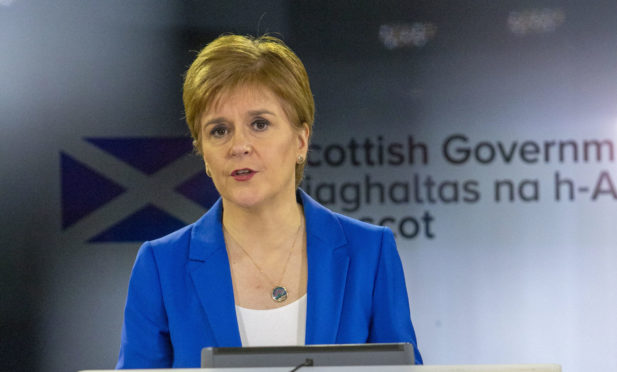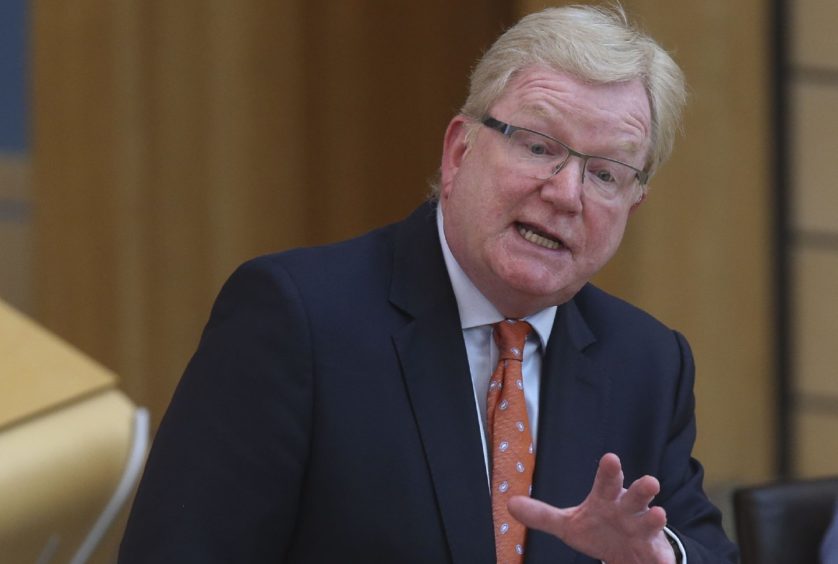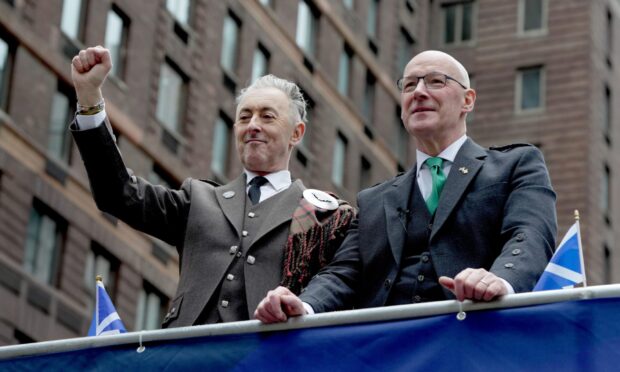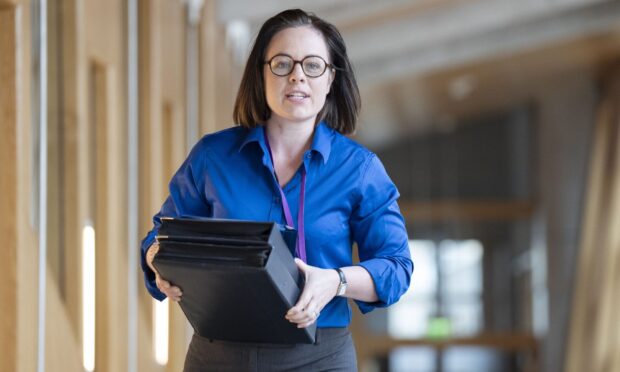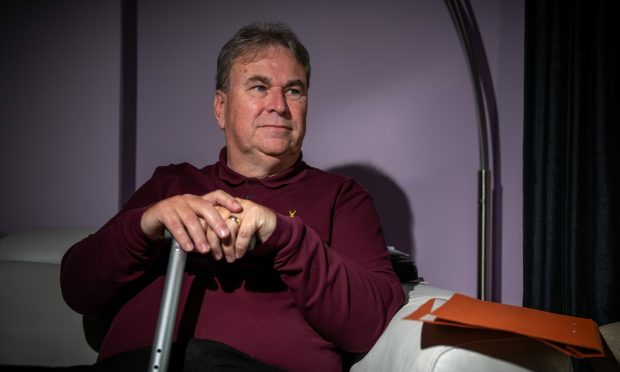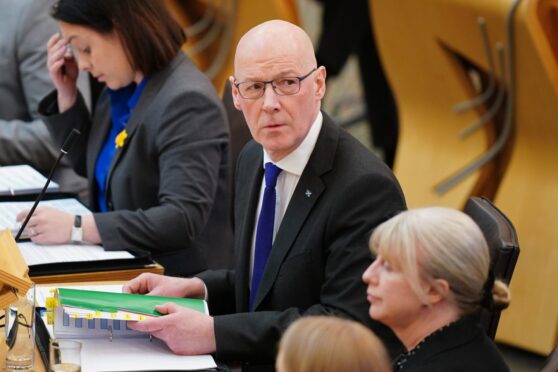People could be instructed to self-isolate repeatedly and sent to hotels away from their families under the next phase of Scotland’s coronavirus strategy.
Unveiling plans for a new test, trace and isolate (TTI) approach, Nicola Sturgeon also said a key role could be played by a mobile phone App that can detect if a person has been near someone who is contagious.
The first minister launched a 14-page document outlining her TTI plans at her daily coronavirus briefing, but also warned there was unlikely to be any easing of the lockdown restrictions at the moment.
Ms Sturgeon said it was “very likely” the restrictions would continue beyond Thursday, when the next review of the measures is scheduled, and was unable to say if they would be eased at the following one, on May 28.
Even so, Ms Sturgeon intends to have an “enhanced” TTI strategy in operation by the end of the month, according to her government’s Covid-19 Test, Trace, Isolate and Support document.
At her daily coronavirus briefing in Edinburgh, Ms Sturgeon warned that TTI would have to be accompanied by continued social distancing and the approach would be needed until a vaccine is found.
Tests need to be ramped up to 15,500 per day
Outlining measures in the paper, Ms Sturgeon said there will need to be daily testing capacity of 15,500 in place to support the strategy, which the Scottish Government is pushing for by the end of the month.
She said the approach – to isolate people with symptoms, test for the virus and trace their contacts should they test positive – will require around 2,000 members of staff.
According to the document, people “may face self-isolation – not just once but on repeat occasions”.
Ms Sturgeon acknowledged that self-isolating would be tough, particularly for people with homes without several bedrooms, and suggested that empty hotels could be used to provide space for them.
Asked if hospitals would be used to self-isolate or if hotels may be commandeered, Ms Sturgeon said she did not want to “set kites flying”, but added: “Those kinds of things would have to be considered”.
A “proximity App”, which is about to be piloted by the UK Government, would also have a role to play, the document said.
The App would use bluetooth technology to identify close contacts among other mobile users.
The First Minister said the strategy will be most effective when infection rates are “lower than now”, although she could not say how low rates would have to be.
We must all be ready to come forward for testing if we need it.”
Social distancing and other hygiene measures will need to continue while the TTI strategy is implemented, with Ms Sturgeon saying it will not be a “quick fix or magic solution”.
It reads: “Everyone in Scotland will have a part to play. We must be willing to continue physical distancing outside our homes.
“We must continue to observe good hand and respiratory hygiene.
“We must prepare for the possibility of having to self-isolate for 14 days in order to protect others because a close contact – whether someone we know well, or someone we have only spent time with once – has been diagnosed with Covid-19.
“We must all be ready to come forward for testing if we need it.
“Test, trace, isolate, support, along with other public health interventions to reduce the risk of transmission, is likely to be part of life in Scotland until a vaccination programme for Covid-19 has been delivered.”
At the briefing, Ms Sturgeon said she would need the compliance of the Scottish public, saying: “I can’t make TTI work without your co-operation and compliance, and I only have a right to ask for that if I’m open and honest with you about what we’re doing to build it.”
Scottish Tory leader Jackson Carlaw said the 15,500 test target had to be met for the TTI strategy to work.
Mr Carlaw said: “If this test, trace and isolate drive will help ease lockdown then it’s essential the SNP Government gets it absolutely right.
“This cannot just be another example of Nicola Sturgeon’s government saying one thing and delivering something considerably less.”
